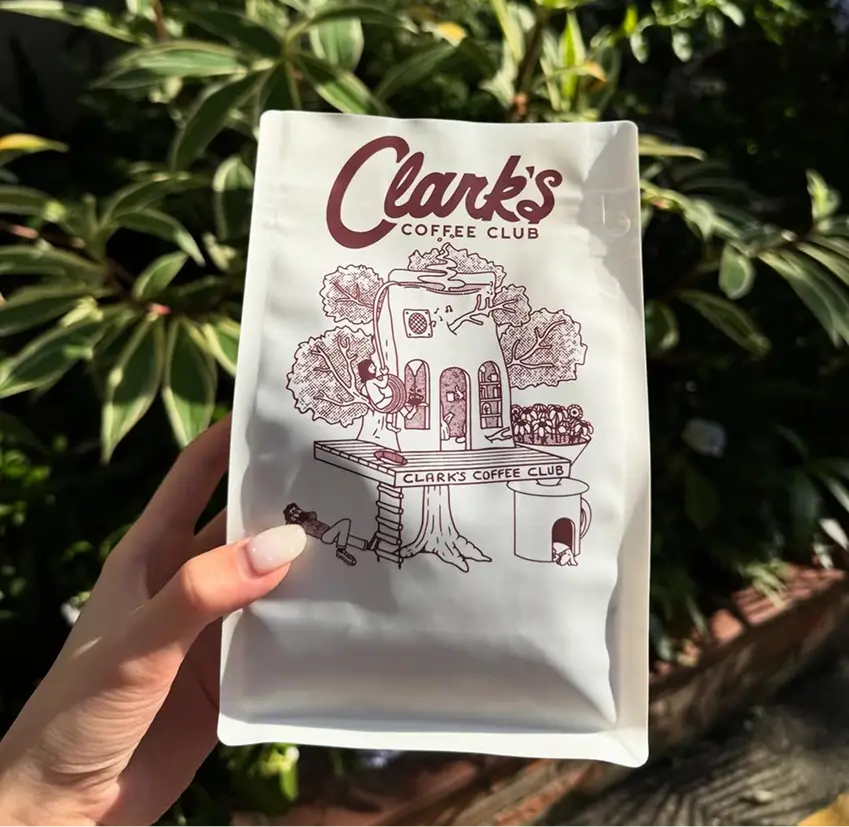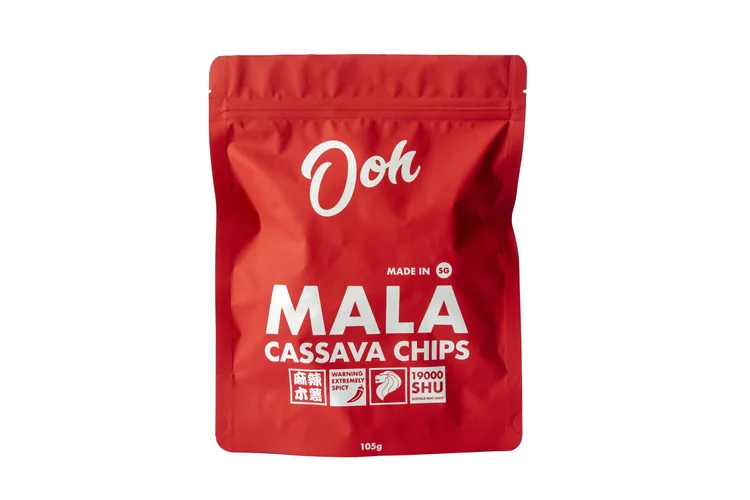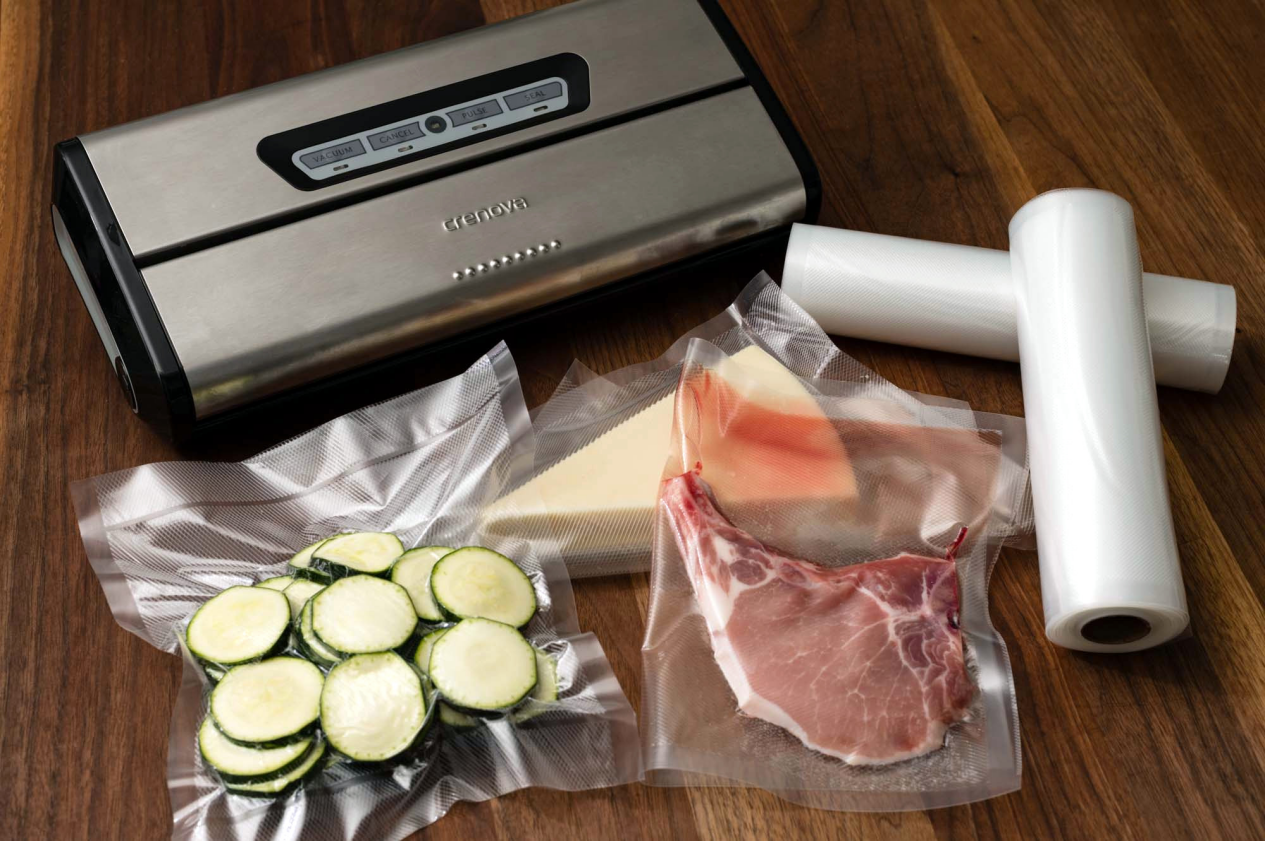The Pros and Cons of Mylar Bags vs. Vacuum Sealing for Food Preservation
Choosing the correct way to package food for long-term storage is very important. Mylar bags and vacuum sealing are both common ways to protect things, although they do different things. A lot of people and food manufacturers want to know, "Do Mylar bags need to be vacuum sealed?" or "Can you vacuum seal Mylar bags?"
We offer high-barrier flexible packaging options at MTPAK, such as bespoke Mylar pouches that keep food fresh and last longer on the shelf. We'll look at the benefits and downsides of Mylar bags and vacuum sealing in this article so you can choose the best way to keep your food fresh.
What are Mylar bags and how do they work?
Mylar bags are composed of biaxially-oriented polyethylene terephthalate (BoPET) and are often lined with aluminum foil to make them even more protective. They stop oxygen, moisture, and light from getting in, which makes them great for preserving grains, beans, dried foods, and freeze-dried meals.
Mylar bags, on the other hand, are frequently used with oxygen absorbers and heat sealing to make a long-lasting preservation method. Air-sealed bags for food use mechanical suction. You don't need any outside vacuum sealing tools for this procedure.
| Pros of Mylar Bags | Cons of Mylar Bags |
|---|---|
| Excellent barrier against oxygen, moisture, and light | Requires oxygen absorbers for maximum effectiveness |
| Can extend shelf life of dry goods up to 30 years | Not suitable for high-moisture or oily foods |
| Durable, puncture-resistant, and reusable in thicker versions | Requires heat sealer or iron for proper closure |
| Ideal for long-term storage of grains, beans, dehydrated foods | Bulkier than standard vacuum-sealed bags |
What is vacuum sealing and how does it differ?
To vacuum seal food, you put it in a plastic bag and use a machine to get rid of the air before sealing it. This lowers the amount of oxygen, slows down spoiling, and stops freezer burn. People often employ vacuum sealing for meats, cheeses, and frozen items because it works well for short- to medium-term storage.
But vacuum-sealed bags are thinner than Mylar, so they don't work as well for long-term storage. Light and oxygen can still get in over time, especially if the bags are perforated or not sealed correctly.
Pros and Cons of Vacuum Sealing
| Pros of Vacuum Sealing | Cons of Vacuum Sealing |
|---|---|
| Quick and convenient for short- to medium-term storage | Shelf life usually limited to 1–3 years |
| Great for meats, cheeses, and frozen foods | Bags are thinner and more prone to punctures |
| Prevents freezer burn and reduces spoilage | Provides weaker protection against light compared to Mylar |
| Simple home equipment widely available | Requires a vacuum sealing machine |
Mylar bags vs vacuum sealing: Key differences
Mylar bags and vacuum sealing both work well for keeping food fresh, but they do so in very different ways. Here are the main distinctions between the two that will help you choose the best one for your needs.
| Factor | Mylar Bags | Vacuum Sealing |
|---|---|---|
| Barrier protection | Excellent against oxygen, moisture, and light | Good against oxygen and moisture, weaker against light |
| Shelf life | 1–30 years (with oxygen absorbers, cool storage) | 1–3 years for most foods |
| Durability | Thick, puncture-resistant | Thinner, more prone to damage |
| Equipment needed | Heat sealer + oxygen absorbers | Vacuum sealing machine |
| Best for | Dry goods, grains, dehydrated and freeze-dried foods | Fresh meats, cheeses, short-term frozen storage |
Do Mylar bags need to be vacuum sealed?
No. Mylar bags are made to work with oxygen absorbers and heat sealing. If they are sealed correctly, they can keep a low-oxygen environment for decades without needing mechanical vacuum sealing. This makes them very useful for storing food for a long time, especially dry foods like rice, beans, and dehydrated meals. Mylar's multi-layer structure makes it a better barrier against light, air, and moisture than thinner vacuum-sealed pouches.
Can you vacuum seal Mylar bags?
Technically, it is possible to vacuum seal some kinds of Mylar bags, however in most circumstances it is neither essential or practical. Mylar is too thick for most household vacuum sealers, which might make it hard to get a good seal. Sealers made for industrial use might work, but they cost more and are harder to use. Instead, the best way to protect food for a long time is to use oxygen absorbers and heat seal Mylar bags. This does the same thing as the other approach.
Case Example: A food brand choosing between Mylar and vacuum sealing
At first, vacuum-sealed bags were used by a health food business that sold dehydrated meals. For small markets, this worked, but the bags only kept food fresh for about 18 months, and they often broke when they were moved.
The company moved from MTPAK to special Mylar bags that are 7 mil thick, have layers of aluminum foil, and soak up oxygen. This made the barrier protection stronger and let the company print patterns that looked better on the shelf in high definition.
In turn, this extended the product's shelf life to more than five years, made people less worried about it going bad, and helped the brand reach foreign markets.
FAQs about Mylar bags vs vacuum sealing
1. Do Mylar bags need to be vacuum sealed?
No. Oxygen absorbers and heat sealing are what keep food fresh in Mylar bags for a long time.
2. Can you vacuum seal Mylar bags?
Some sealers can, but most of the time they don't need to. Heat sealing makes a better seal.
3. Which lasts longer: Mylar or vacuum sealing?
Mylar bags can keep food fresh for 10 to 30 years, although vacuum sealing usually only lasts 1 to 3 years.
4. Are air sealed bags for food the same as Mylar?
No. Air-sealed bags (vacuum seal) are thinner and work well for short periods of time. Mylar bags are thicker and better for storing things for a long time.
Conclusion: Choosing the right preservation method with MTPAK
When deciding between mylar bags and vacuum sealing, you need to think about what kind of food you have and how you want to store it. Mylar bags are great for keeping dry products for a long time, while vacuum sealing is great for keeping fresh or frozen meals for a short time.
At MTPAK, we make high-barrier Mylar bags with special features for food manufacturers that want their products to last longer and be safe. Call us today to ask for samples, learn more about custom printing, or get an estimate for Mylar packaging.
Email:account@mtpak.com
Contact us:https://mtpak.com/contact-mtpak



